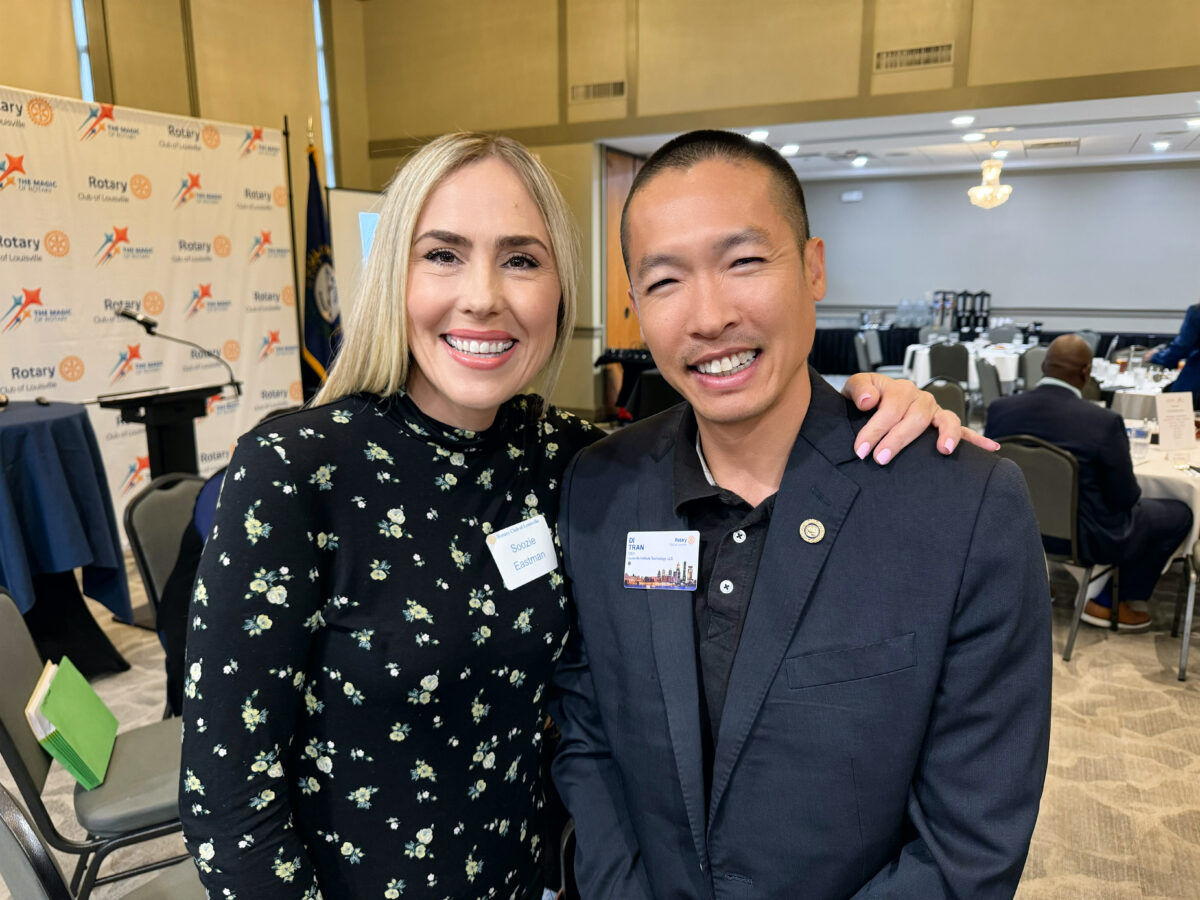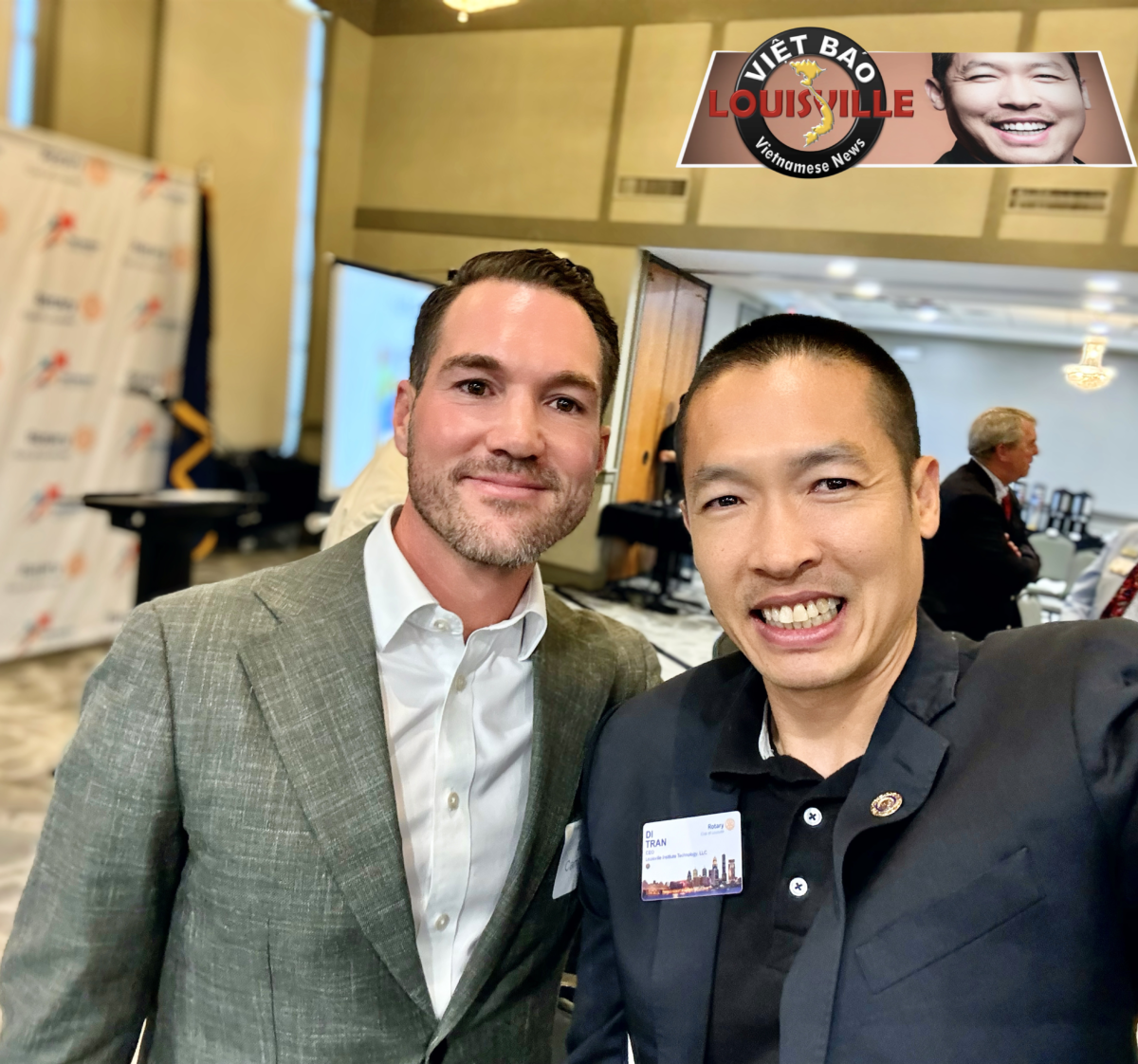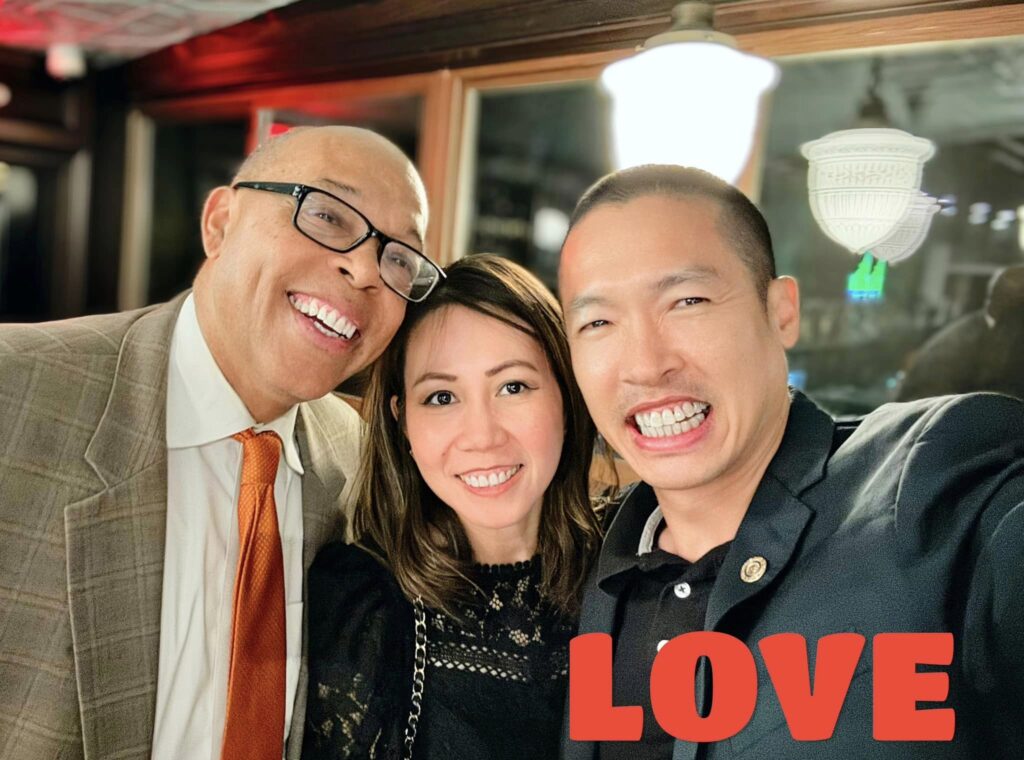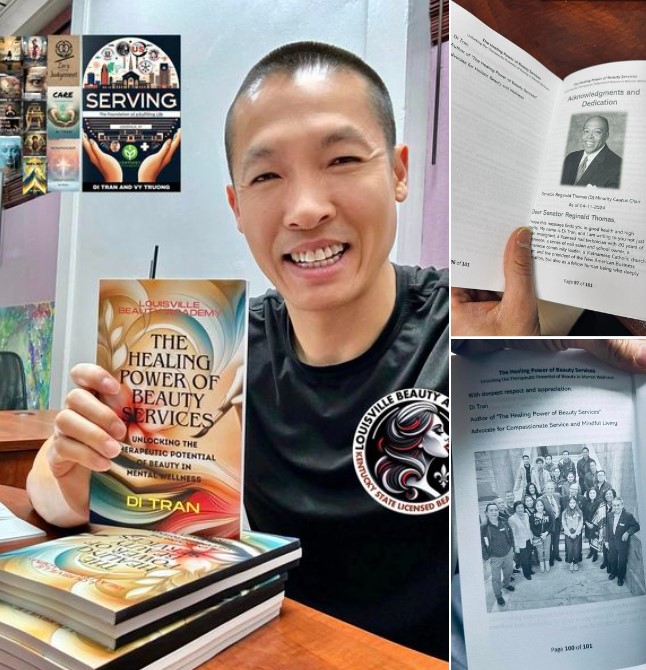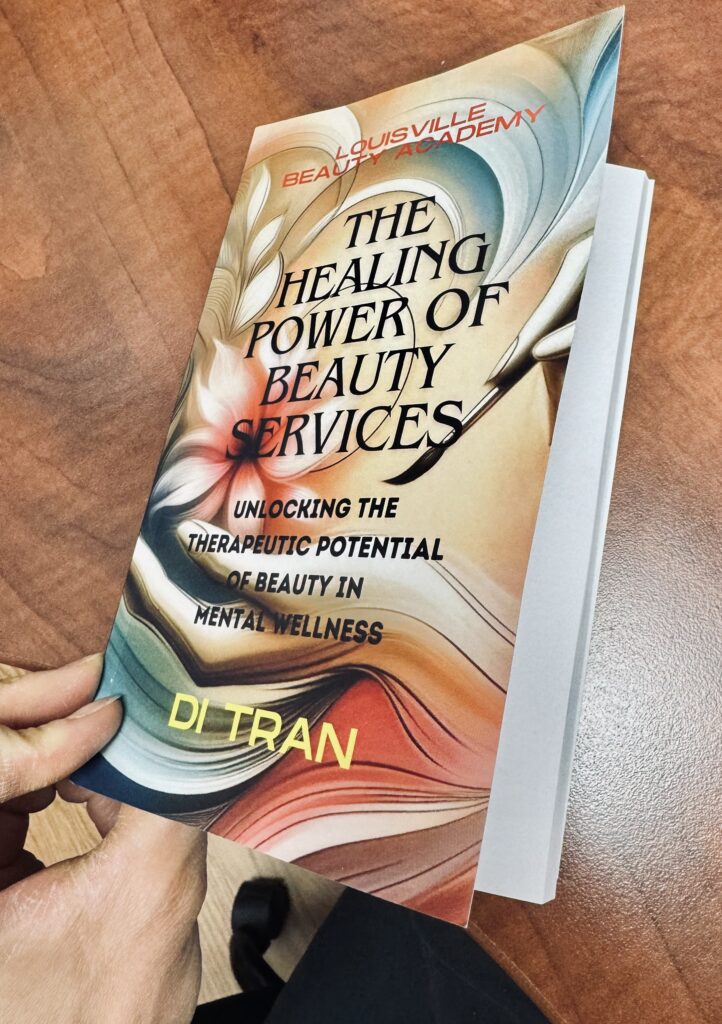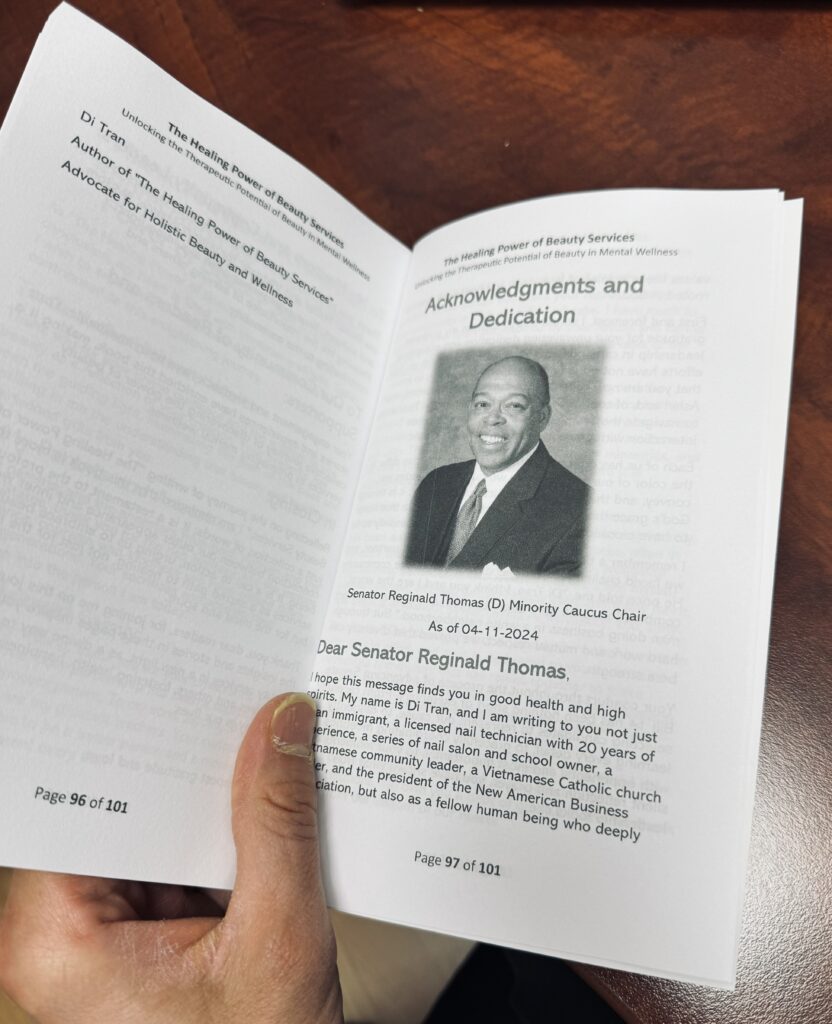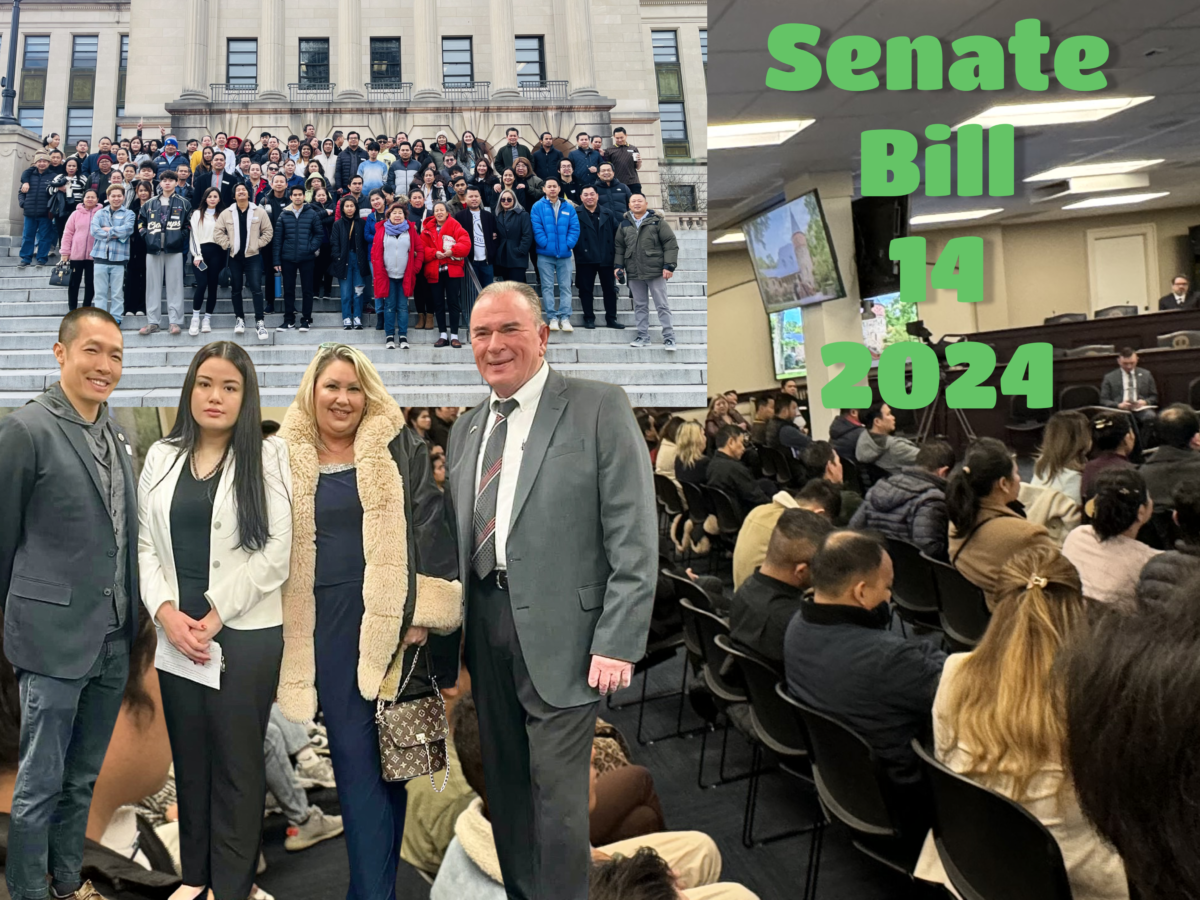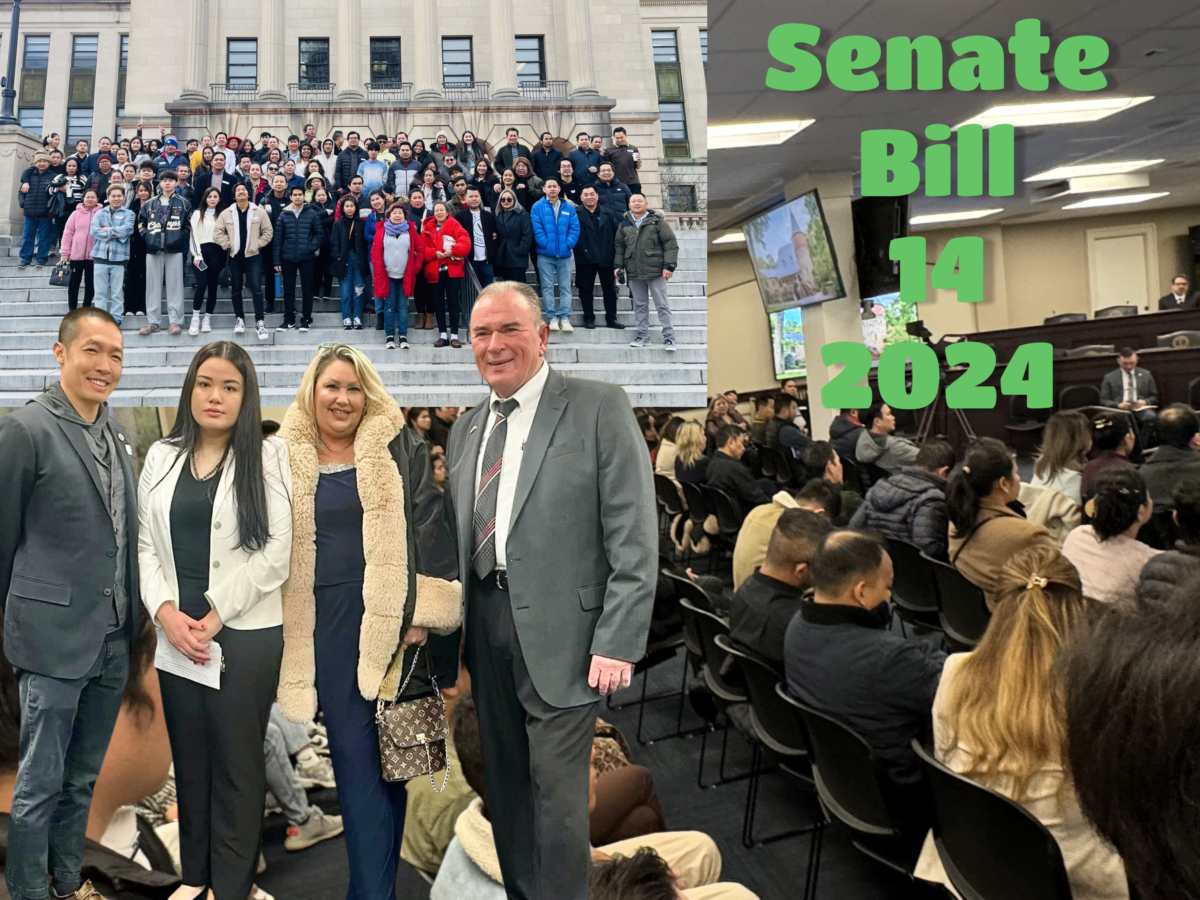Louisville, KY – October 31, 2024
The Rotary Club of Louisville proudly welcomed back Soozie Eastman, President of 502 Film and Louisville’s Film Commissioner, for a dynamic update on the rapid growth and profitability of Louisville’s film industry. Eastman’s return marked a momentous opportunity for the Rotary Club and the Louisville community to gain exclusive insights into why Louisville has emerged as one of the most profitable and promising locations for film, art, and music production in the United States.
With state-backed incentives among the highest in the nation, Louisville is drawing Hollywood-level productions to its unique urban and rural landscapes. Kentucky offers filmmakers up to 30% tax credits, placing Louisville and Kentucky at the top of the list for film production incentives in the country. Eastman emphasized that these substantial incentives make producing in Louisville not only attractive but also financially beneficial. Filmmakers can lower production costs significantly while utilizing state-of-the-art facilities and skilled local crews, giving them a competitive edge in both budget and quality.
In addition to tax incentives, Louisville’s collaborative and supportive creative ecosystem plays a crucial role in attracting both national and international projects. From the burgeoning 502 Film team to partnerships with Louisville Tourism and Metro Louisville, Eastman has built a robust network that nurtures local talent while welcoming seasoned industry professionals from around the world. The city’s dedication to growing its film infrastructure, including soundstages, editing suites, and post-production facilities, means that Louisville is becoming a full-service hub for creative projects.
The art and music scenes in Louisville are also thriving, contributing to the city’s allure for creative industries. Louisville’s unique blend of Southern charm and urban sophistication, combined with a diverse cultural heritage, provides filmmakers and artists with unparalleled settings for their stories. This fusion is drawing interest from creatives who see the potential of Louisville as a blank canvas, ready for cinematic exploration.
Di Tran, a Vietnamese American entrepreneur and community advocate, attended the event and was struck by the alignment of Eastman’s vision with his own mission to elevate Louisville. “The energy in the room was electric,” Tran shared. “Seeing Soozie’s passion for not just filmmaking but for Louisville itself was inspiring. Louisville is truly emerging as a city of opportunity, and the arts are fueling that transformation.” Tran, who is deeply committed to workforce development and economic equality in Louisville, resonated with Eastman’s focus on growing local talent and creating high-value jobs within the film and arts industries.
As Eastman explained, the economic impact of film and art production goes beyond the initial production budgets. These projects create a ripple effect that benefits local businesses, from hospitality to construction. Film crews require accommodation, catering, transportation, and more, providing a direct economic boost to the city. Additionally, with an established film industry, Louisville is seeing a rise in workforce development initiatives to support new jobs in the creative sector. The city is building a talent pipeline, offering opportunities for Kentuckians to break into the industry through training programs, internships, and partnerships with local colleges.
The Rotary Club of Louisville’s dedication to bringing back influential speakers like Soozie Eastman demonstrates its commitment to providing members with valuable updates on Louisville’s progress and economic opportunities. Events like these are instrumental in uniting local leaders, business owners, and advocates who are all working towards making Louisville a premier destination for film and art. By hosting such thought-provoking sessions, the Rotary Club plays a pivotal role in fostering a vibrant community spirit and sparking inspiration across diverse sectors.
Thank you, Rotary Club of Louisville, for your unwavering commitment to highlighting the city’s progress and inviting leaders like Soozie Eastman who share actionable insights and inspire community-driven growth. Louisville’s potential as a top film destination is clear, and with organizations like the Rotary Club championing these causes, the city is poised for a future that shines both on and off the screen.

